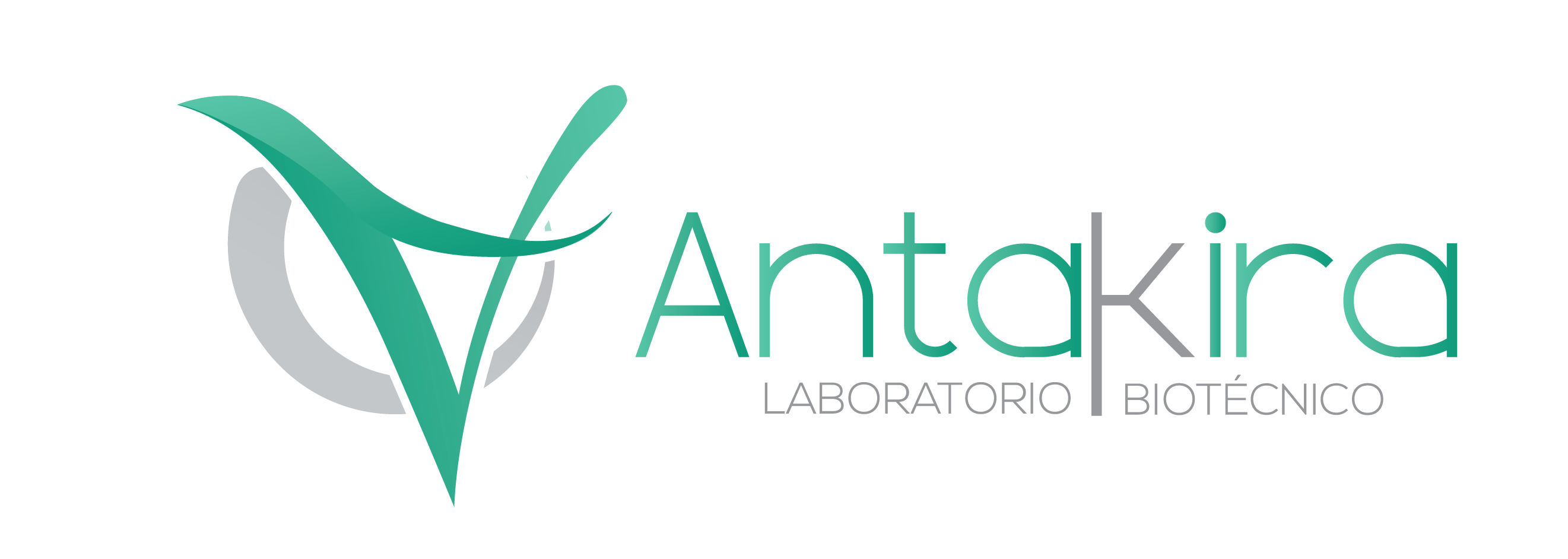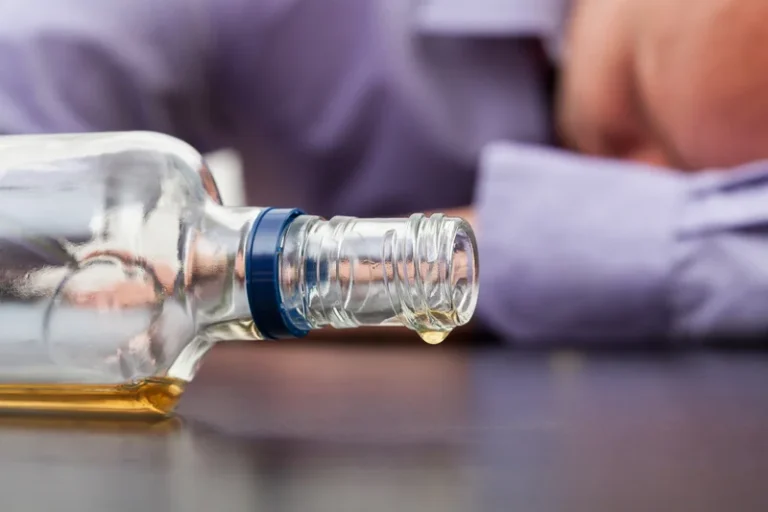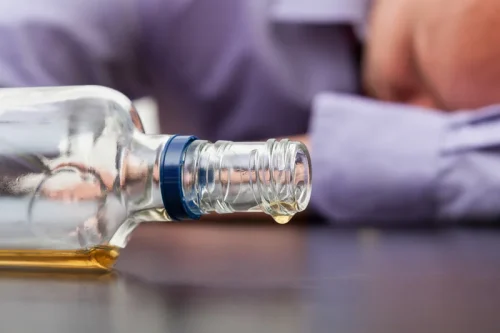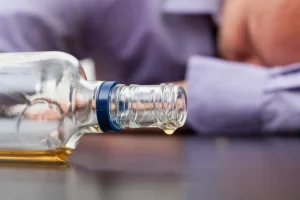Jane, a recovering alcoholic, recognized the importance of identifying triggers for relapse early in her sobriety journey. She attended therapy sessions and support group meetings where she learned about common triggers and coping strategies. Through self-reflection, Jane discovered that certain social situations, particularly parties or gatherings where alcohol was present, posed a high risk for relapse. With this knowledge, she developed a relapse prevention plan that included avoiding such events, engaging in sober activities, and reaching out to her sponsor for support. Jane also focused on cultivating healthier coping mechanisms like exercise and mindfulness to manage stress and emotional https://ecosoberhouse.com/article/5-reasons-sobriety-tattoos-are-a-terrible-idea/ distress.
How to Stop Internet Addiction
Some coping skills that are taught involve cognitive-behavioral therapy (CBT), dialectical behavior therapy (DBT) and meditation. These can help you banish old patterns for good and learn new ways of thinking. Mental conditions like anxiety and depression paired with physical pain or discomfort can trigger a relapse for even the most determined person in recovery. Staying open and honest types of relapse triggers with your doctor during recovery can help prevent relapse. Using non-addictive prescription drug alternatives to treat the withdrawal symptoms is also helpful. Studies have shown that social support and connection play a crucial role in preventing relapse.
Phone, Video, or Live-Chat Support
The Marquette researchers stated a stressed animal previously exposed to cocaine will crave the drug because the dopamine surge from cocaine trumps the release of stress-related dopamine. A study from Marquette University pointed out that stress rendered people in recovery more vulnerable to other relapse triggers. Researchers followed the cocaine use patterns of stressed and unstressed rats and used a low dose of cocaine as a trigger. The stressed rats’ responses to the trigger mirrored those of people during relapse.
What to Do After Alcohol Detox Treatment?
In the realm of addiction, relapse has a more specific meaning—a return to substance use after a period of nonuse. Whether it lasts a week, a month, or years, relapse is common enough in addiction recovery that it is considered a natural part of the difficult process of change. Between 40 percent and 60 percent of individuals relapse within their first year of treatment, according to the National Institute on Drug Abuse.
Contact a healthcare professional if you or someone you know suffers from a substance use disorder. You can learn about the best relapse-prevention treatment options for your needs. There are different models and techniques to include in your relapse prevention plan. They’re based on building your knowledge and skills to combat substance use. A relapse prevention plan works best when you do it under a therapist or counselor’s supervision. That way, you can explore new behaviors and thought patterns to help you stay clean.
As a result, getting someone back into treatment as quickly as possible following relapse is crucial to their long-term health and recovery. To keep emotions from causing a relapse, people in recovery need to learn coping skills to avoid triggers that can be discovered through therapy. Developing healthy coping mechanisms is the key to effectively managing stress and anxiety.
- As we’ve mentioned a few times, it’s important to learn healthy coping mechanisms to help you handle yourself if you happen to encounter one of your triggers while you’re out in the world.
- By creating a plan, individuals can identify their triggers and cravings, and develop strategies to manage them.
- In contrast, managing internal triggers may involve developing healthier coping mechanisms and seeking professional help to better understand and process negative emotions.
- The researchers observed a rapid activation of the pathways related to drug cravings.
- Even some family members could be a trigger, especially if they make you feel more childlike and vulnerable.
- Over time, these dopamine surges teach the brain to seek the drug or alcohol any time the user encounters a trigger.
This can mean being surrounded by supportive loved ones, going to counseling regularly, or attending a peer support or 12-Step group. Isolating oneself from these support resources can put one at a greater risk for relapse. Think through in advance how you are going to manage a party or holiday event. Consider how you’ll turn down an offer of a drink, how you’ll excuse yourself from an uncomfortable conversation, and how long you want to stay. It’s completely okay to go home early if you are feeling overwhelmed, and having a plan of how to do it beforehand can help ensure you make a smooth exit. Establish a regular sleep routine, eat a balanced diet, and engage in regular physical activity.
Altered Stress Responses and Craving with Chronic Drug Abuse
- Emotional regulation refers to the ability to manage and respond to one’s emotional experiences in a healthy way.
- Each relapse presents the potential to fall back into continuous abuse, which can lead to serious health problems and even death.
- What is more, it can alter the sensitivity of the stress response system so that it overresponds to low levels of threat, making people feel easily overwhelmed by life’s normal difficulties.
- The researchers also discovered that the rats were inclined to work harder to obtain the reward that triggered the amygdala than the same reward that did not trigger any emotion in the brain.
- Excessive stress is another critical factor that overwhelms individuals in recovery, making them more likely to turn to substances in search of relief.
It encourages people to see themselves as failures, attributing the cause of the lapse to enduring and uncontrollable internal factors, and feeling guilt and shame. Emotional relapse is often the first stage of relapse, and it occurs before someone in recovery even begins to consider using again. The individual usually starts to experience negative emotional responses, such as anger, moodiness and anxious feelings.
- For over 20 years Dr. Umhau was a senior clinical investigator at the National Institute on Alcohol Abuse and Alcoholism of the National Institutes of Health (NIH).
- While some triggers arise because we are not properly meeting our basic physical or emotional needs, others come up when we are confronted by aspects of our past addiction, or faced with change.
- Once relapse occurs, it can be difficult for an individual to get back on the road to recovery.
- Learning various acronyms can help a person identify when they need to improve their self-care, such as HALT (Hungry, Angry, Lonely, Tired).
- A better understanding of one’s motives, one’s vulnerabilities, and one’s strengths helps to overcome addiction.
- While some people may not understand your actions, over time they will have to learn how to respect your choices.
Developing an Effective Relapse Prevention Plan
Build a Support SystemSurround yourself with supportive, sober individuals who understand your journey. Attend support group meetings and seek guidance from sponsors or mentors. Plan sober celebrations and create new traditions that do not involve substance use. Communicate your needs to friends and family to ensure a supportive environment. Pursue hobbies, learn new skills, volunteer, or join support groups.
Relapse Prevention: Strategies to Avoid Triggers
MBRP aims to increase your acceptance and tolerance of your physical, emotional, and mental states. This will decrease your need to use substances again to feel comfortable. However, you can get through cravings for drugs or alcohol using one of many strategies. Use this list to start thinking about what triggers you are likely to face in your recovery journey.
Comments are closed.






